|
What an eye-opening statement from Angel Borja, established scientist, and experienced reviewer and editor.
In this post, we'll summarize some key writing tips aimed at strengthening your argument. We'll also think about what peer reviewers and editors are looking for in a submitted manuscript. All of these tips build strongly upon what we've discussed in the #EpiWritingChallenge so far - keeping it simple, writing clearly, getting to the point, etc. With that being said, I'll get to the point.
In 2015, Borja wrote an article called "Writing the first draft of your science paper - some do's and dont's: A seasoned editor gives advice to get your work published in an international journal".
If you're just starting out in the science writing world, there are a lot of unknowns. Your PI and mentors have learned a lot about the publishing world simply by living through it. To learn quickly, take advantage of articles like Borja's, and ask direct questions of advisors you have a good relationship with. A particular gem is this article from Nature, "How to write a first-class paper" where 6 experts offer their perspective. We'll be summarizing and building on these tips today. write a clear message
Borja (yes, also featured in this article), told Nature that having a clear message in your writing is important otherwise “misinterpretations may arise later."
"A clear message is even more important when there is a multidisciplinary group of authors.” But how can you achieve a clear message, especially with coauthors from different fields? He “encourage[s] groups to sit together in person and seek consensus…on the main message, selection of data, visual presentation, and the information necessary to transmit a strong message.” build a core concept
Brett Mensh, founder of #scicomm Optimize Science, co-wrote a paper about using a structure called “context-content-conclusion” scheme to build a core concept.
“It can be a delight to creatively bend the rules,” he writes, “but you need to know them first.”
In science, the red thread is "What's new? What's compelling?"
- Dallas Murphy, author
Dallas Murphy, a book author and writing workshop instructor, argues that, in science, the red thread is “What’s new? What’s compelling?”. Unfortunately, when scientists “write for a journal gatekeeper rather than for a human being, the result is muddy prose.”
Ok, ok so great advice, but what is muddy prose? Murphy gives some examples.
ORIGINAL: “Though not inclusive, this paper provides a useful review of the well-known methods of physical oceanography using as examples various research that illustrates the methodological challenges that give rise to successful solutions to the difficulties inherent in oceanographic research.” This writing is defensive and scared to make confident statements. The language is ornate, and lists caveats, fending off criticism that hasn't yet been made. REWRITE: “We review methods of oceanographic research with examples that reveal specific challenges and solutions.”
Looking for more resources on science writing? Joshua Schimel's book Writing Science: How to Write Papers That Get Cited and Proposals That Get Funded is a great read.
You'll think of writing in a new way, and learn how to edit your writing for that clear message Angel Borja referenced, and avoid "writing for the gatekeeper" while also getting citations and funding. * anchor it in the discussion
Explain why the findings are interesting and how they affect a wider understanding of the topic. Reassess the existing literature – consider if [your] findings open the door for future work. Convince readers that [you’ve] considered alternative explanations.”
-Peter Gorsuch “There is a narrow line between speculation and evidence-based conclusions…when the discussion is all speculation, it’s no good because it is not rooted in the author’s experience.” -Angel Borja
Our editors had lots to say about writing a good discussion during the #AskTheEditor event. You can read through the summary here.
use your creativity
Science writing doesn’t need to be “stodgy, dry and abstract” notes Zoe Doubleday.
Just because it should be “factual, concise, and evidence-based…doesn’t mean it can’t also be creative.” Doubleday makes the keen observation that “if science isn’t read, it doesn’t exist.” Even though research has shown that humans retain more information if told as a narrative than as non-fiction, some scientists shy away from storytelling in science. Why? There's a misconception that the only way to make your science digestible for laypersons is to sensationalize it, like the media often does. Have you ever reviewed, a then rejected, a paper you felt was “too non-scientific” in style? When we put on our reviewer hats, we often forget the troubles of authors, and become critical of the same writing practices we ourselves employ. Peter Gorsuch, managing editor of Nature Research Editing Service, cautions against creativity: “Writers must be careful about creativity…it sounds good but the purpose of a scientific paper is to convey information.” But his statement doesn't necessarily contradict Doubleday's. Reading further, we find out that he defines creativity as "flourishes" and "figurative language" - getting back to the overall ornate style that Dallas Murphy helped us quash. In contrast, if creativity is a departure from the status quo, than straight forward science writing might be considered creative! These two points on creativity in science writing are ones you may need to sit and think about for a bit. But let this quote from Doubleday resonate with you as well: "Try to deliver a paper that you would enjoy reading yourself." Before you sit down to write, open up that folder of well-written papers you keep, and let the concise writing wash over you before you put pen to paper (or fingers to keyboard). get to the point
Stacy Konkiel is director of research at Altmetric, a London company that scores research papers based on digital attention.
Her “biggest piece of advice is to get to the point. Authors spend a lot of time setting up long-winded arguments to knock down possible objections before they actually state their case.” [This comment echoes Murphy's complaints on muddy prose that sets up a defense before even stating the argument.] Building on Borja’s comment regarding interdisciplinary work, she encourages scientists to make your point “in non-specialist language” if possible. “If you write in a way that is accessible to non-specialists, you….open yourself up to citations by experts in other fields and make your writing available to laypeople." That "accessible point" may be the one featured in a media article about your research, and they can't misconstrue a quote. Are you thinking, "I want my work to be read by scientists in my field. I’m not as concerned with lay people and I don’t care if my work is picked up by the press or social media." I really hope you’re not thinking that. In the past, “when scientists spoke, citizens listened to them in silence, with respect and confidence.” But by the 1970s, “’scientific’ began to take on negative connotations” and began the “separation of science from society.” [Jucan and Jucan 2014] To address this separation, “scientists need to be responsive to the changing needs…of society; society needs to understand and support the positive role in science.”
How will you use these tips on your next draft?
Scroll down for recommended books, articles, and websites about science writing.
Quote of the Day
"The first draft is you just telling yourself the story." - Terry Pratchett books about writing
* Disclaimer: the above links are recommendations. If you decide to purchase the item through my link, I will earn a small amount of money at no extra cost to you. I am not endorsed by any of the publishing companies and have not received any products in exchange for writing this post.
articles & websites
The Power of Science Communication
Publishing with Objective Charisma: Breaking Science’s Paradox Ten simple rules for structuring papers Papers with clear, succinct, declarative titles are more likely to get picked up by media Tips for writing research articles people will want to read 11 steps to structuring a science paper editors will take seriously 5 Tips to Write Better Science Papers Writing the first draft of your science paper – some dos and don’ts Robin Ann Smith – Science Writer (http://robinannsmith.com/) The Conversation – academics share news, opinions, and research summaries Science Communication (SAGE Journals) Related Blog Posts
0 Comments
Your comment will be posted after it is approved.
Leave a Reply. |
popular postsLike what you read?
categories
All
archives
July 2024
This website uses marketing and tracking technologies. Opting out of this will opt you out of all cookies, except for those needed to run the website. Note that some products may not work as well without tracking cookies. Opt Out of Cookies |
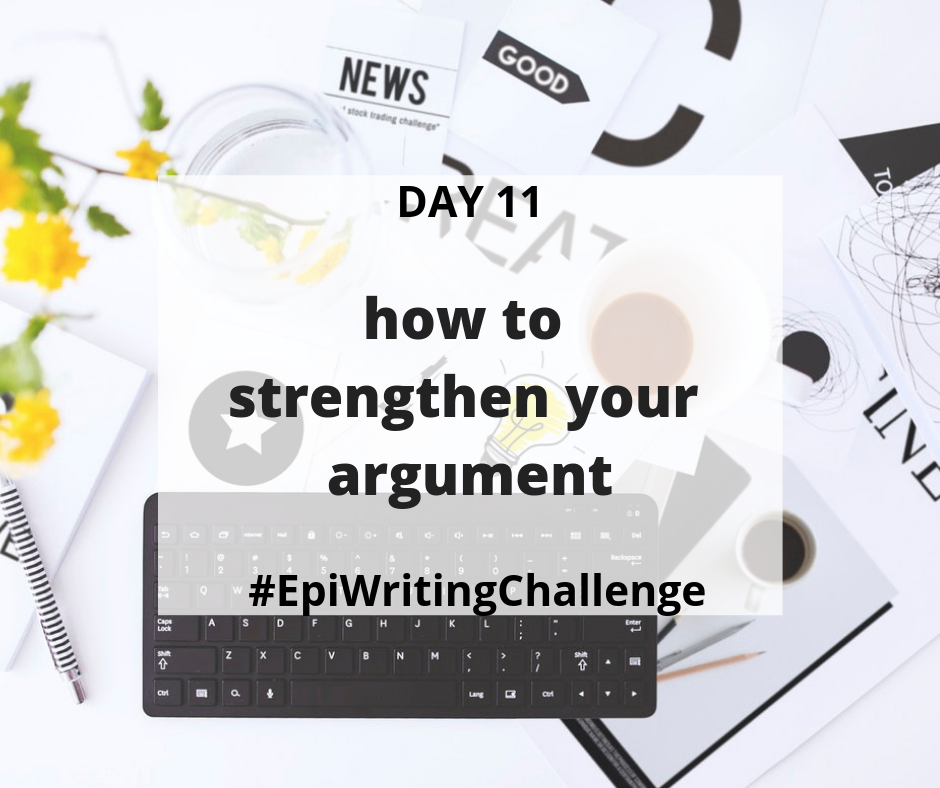



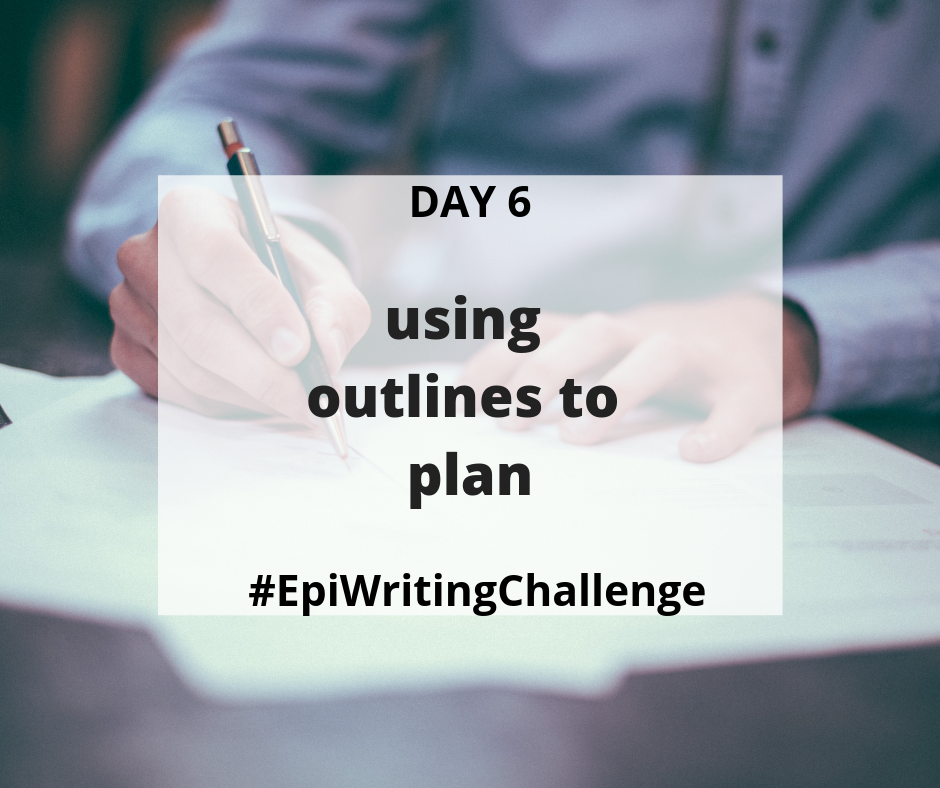

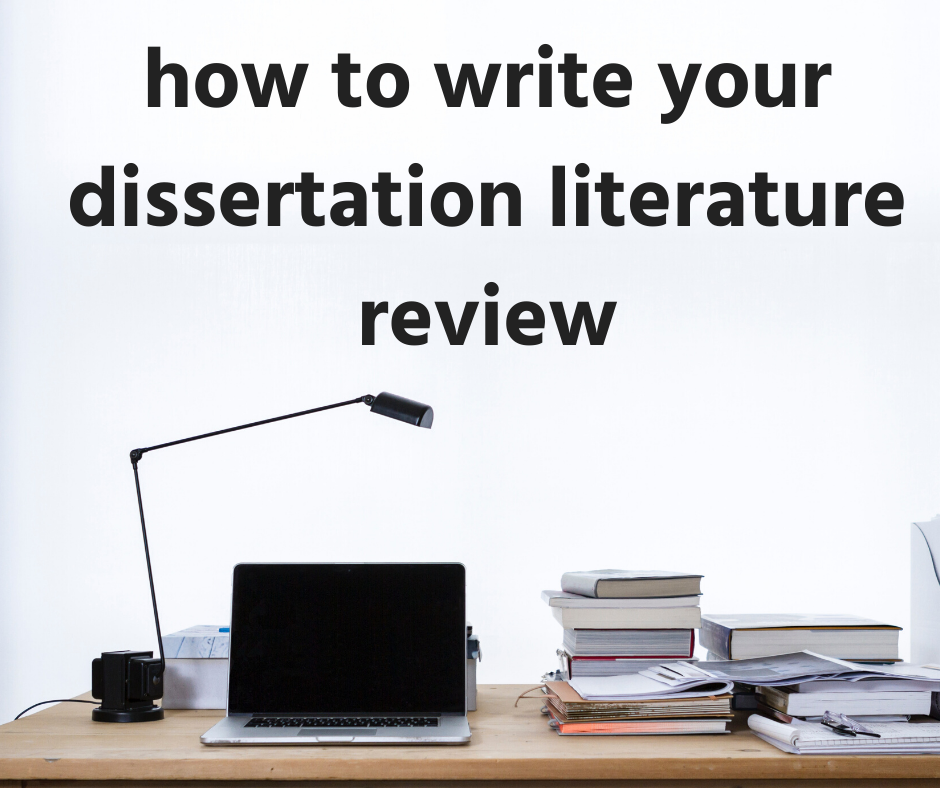

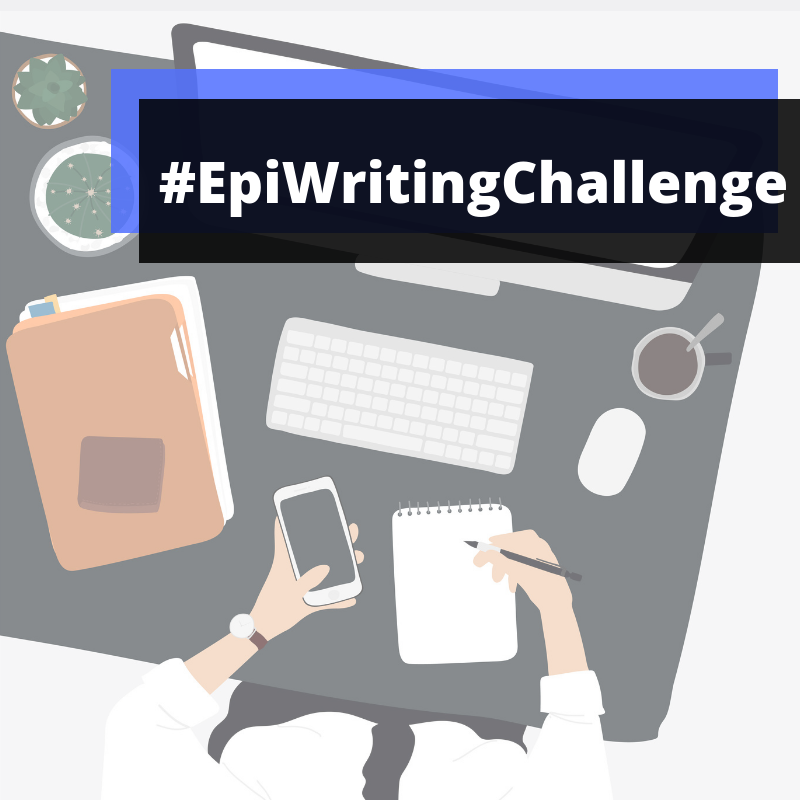

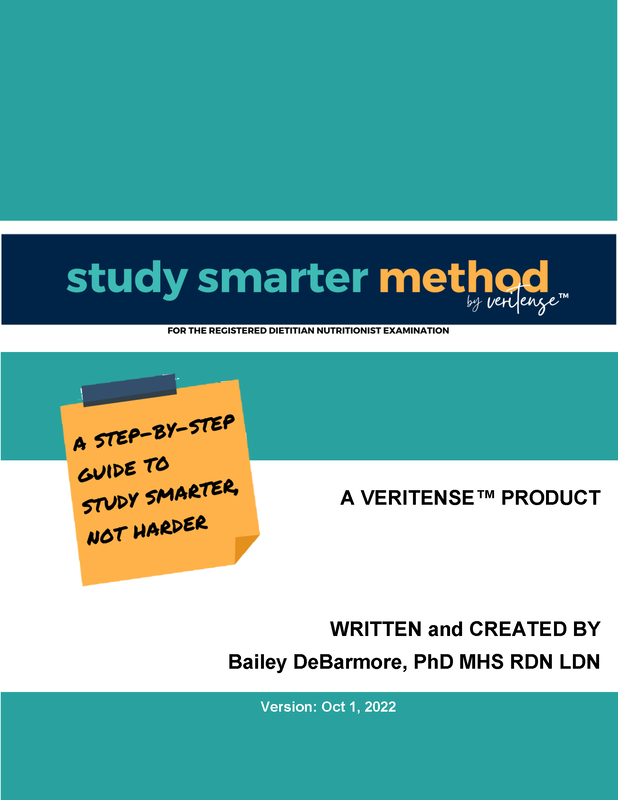

 RSS Feed
RSS Feed